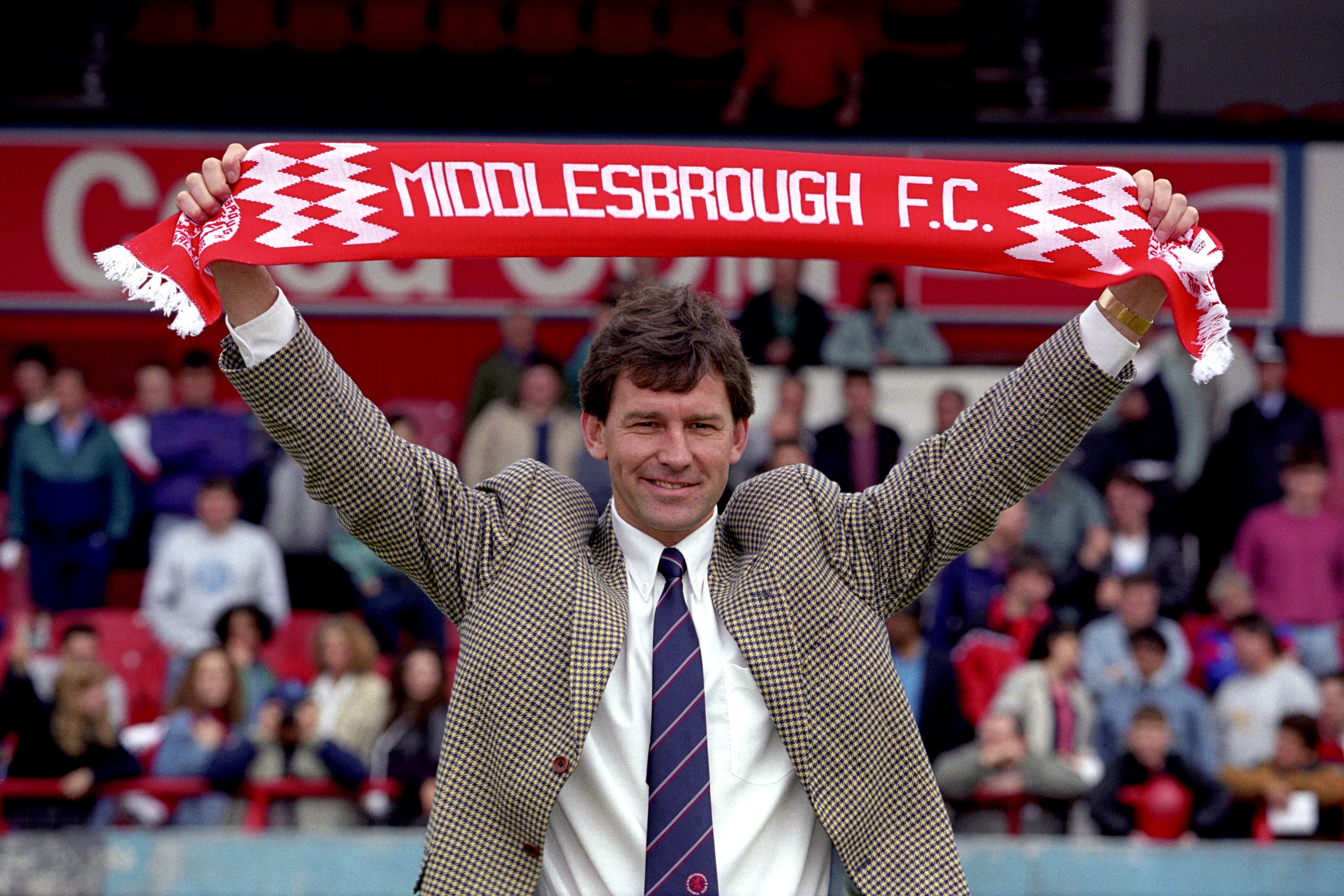Dan Ashworth on England's DNA: "We want to be the best"
As the FA’s head of elite development, Dan Ashworth is charged with turning England into world-beaters (no pressure, pal). Earlier this year, he told FourFourTwo's Joe Brewin how he’ll do it… (Portraits by Matt Stewart)
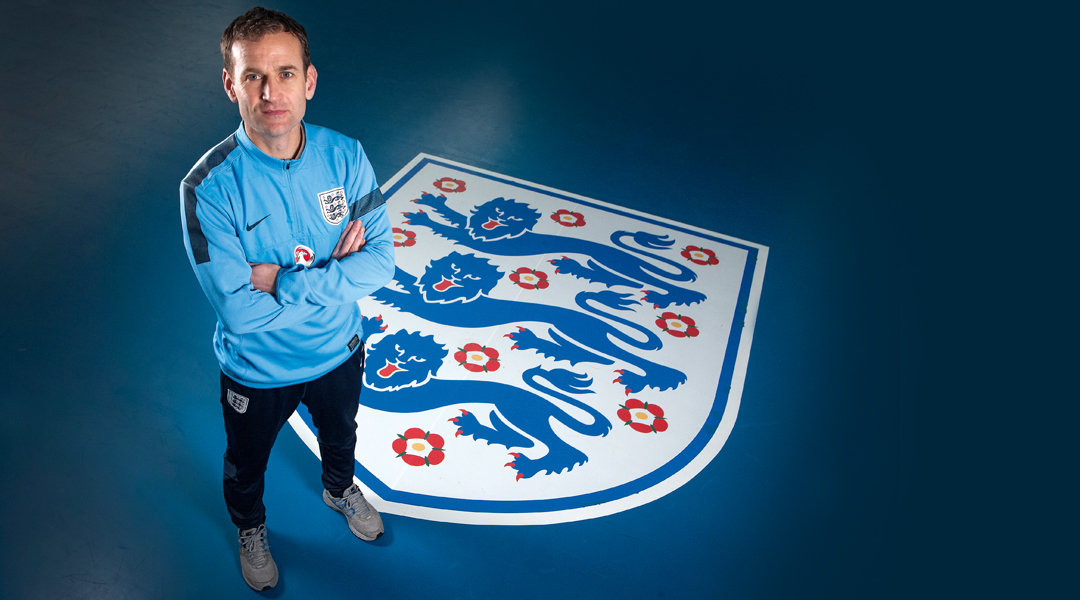
"How would you prefer to stand?” enquires FourFourTwo’s photographer. “Preferably with a balaclava on,” comes the chirpy response. “I haven’t had this many photos since my wedding day. Only my mum will be buying this.”
Dan Ashworth is remarkably relaxed for a man whose job it is to oversee England’s route to World Cup glory in 2022. His remit is to revitalise and overhaul the nation’s coaching set-up, make clubs adhere to strict academy standards and ensure his high-performance blueprint is followed across each of the Three Lions’ development teams, male and female.
It’s a drizzly Friday morning when FFT heads to swanky St George’s Park to meet the FA’s director of elite development, a year to the week since he took charge. Before that, he’d made his name as West Bromwich Albion’s highly-rated sporting and technical director, where he helped turn the Baggies into a sustainable Premier League model. It’s so far, so good in his new role – there’s been no rocking in the corner, at least – but even the man himself admits his job is a big one.
“I suppose the scale of the Association and the job itself maybe caught me by surprise a little bit,” he says. “It’s been a big transition coming across from club football, but I’ve really enjoyed it.”
It’s just as well for Ashworth that he’s taken to his job with an unbridled joie de vivre. For most, the responsibility of overseeing and overhauling elements of youth-team football in England might weigh heavily.
After all, the perception of player development in the UK is generally negative: that young players aren’t as technically proficient as those in Spain, Germany or Italy; that grassroots coaching is below the general European standard; and that nothing can really be achieved when the long-term goals of player development diverge from the instant success required in the Premier League, the ultimate proving ground for English talent.
Set against the backdrop of Greg Dyke’s ambition to win the World Cup in 2022, it could be argued that Ashworth has the hardest job in football.
Get FourFourTwo Newsletter
The best features, fun and footballing quizzes, straight to your inbox every week.
"We've got strengths unique to England"
The FA wanted Ashworth badly – enough to see out a 12-month notice period, which West Brom allowed to be cut short. It’s not surprising to see why, either. Forget the notion of men in suits at the FA: the 43-year-old has been there and done it, first as a youngster with Norwich, before branching out into coaching. He oversaw youth programmes at Peterborough and Cambridge, moved on to assisting youth-team manager Aidy Boothroyd (now of England U20s) at The Hawthorns, and was promoted to oversee the Baggies’ rise towards Premier League stability.
When Ashworth arrives in the Three Lions-clad futsal hall at St George’s Park, he’s tracksuited. He rarely gives interviews – not because he’s purposely evasive, but because he doesn’t see himself as any more important than the others striving to achieve the FA’s goal. Ashworth is here to speak to FFT, though, and happy to discuss his big plans for a brighter future.
It all starts with the concept he’s labelled ‘England’s DNA’. “The whole idea is to try to get some consistency in everything that we do,” he says. “We want to make sure everything is standard across all of our teams, whether you’re a boy or girl at 15 or a senior England international. The only thing that changes is the size of the shirt.”
It’s an in-depth process involving everything from nutrition and warm-ups to identifying talented future England players and establishing playing strategies (which is “in the building process”, we’re informed).
“It’s not going to be something that will make people say, ‘Wow, we’ve never seen anything like that before,’” says Ashworth, “but we want some philosophies clearly written down that everybody buys into.”
We want some philosophies clearly written down that everybody buys into"
‘Everybody’ really does include everybody, not least the head coaches of England’s six male and five female development teams. Spain, the only nation to win three consecutive major tournaments, are the model. “They’re probably the world leaders right now, but it’s important we don’t try to copy them,” warns Ashworth. “We haven’t got Spanish players and we haven’t got the Spanish culture or environment. We’ve got some strengths unique to England, which a lot of the other countries would like, by the way.”
Like what? “Whenever other countries play against us we get asked, ‘How do you get such resilience in your players? That attitude?’
“The physical stats we produce, the way our players want to win the ball back and press with controlled aggression, are things that other countries’ coaches wish they had more of. We’ve now got to take some of the Spanish technical aspects and then try to blend those into something that’s English.”
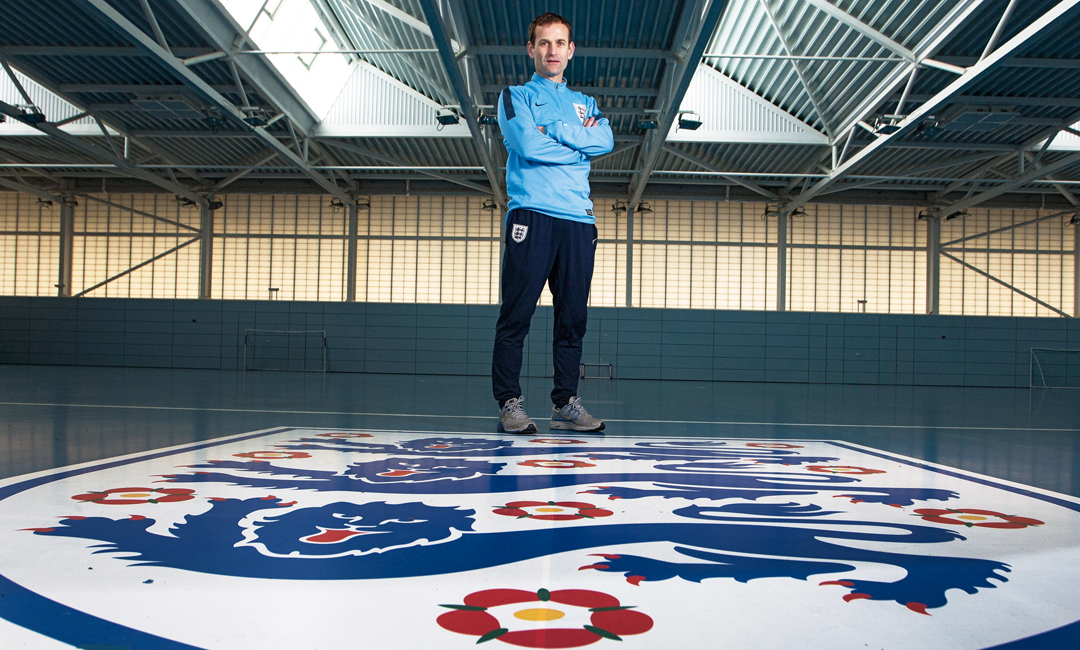
Developing the 2022 World Cup winners
Like every youth strategy, Ashworth’s visions are long-term. But with football changing so frequently, keeping up with trends and transitions has never been more important. Tactically alone, English football has long waved goodbye to its love affair with 4-4-2 as it heads off in search of more adaptable foundations.
“One of the challenges we’ve set the coaches is looking towards the future,” says Ashworth. “Where is the game going? It would be negligent of us if we didn’t look at current trends to try to forecast what the game might look like in 10 years’ time, and even before that, in order to get players ready.”
But how do you produce adaptable players? Ashworth has started by bringing in the experts, focusing on quality over quantity with coaching, and reshuffling England’s youth teams to prepare them properly for tournament football. You can’t accuse him of having a half-hearted approach.
“We’ve increased the number of games we’re having at non-competitive age groups,” he says. “We only used to play at U17s, U19s and U21s, so we’ve started an U20 group that will go to Toulon this year to play against South American and African opposition. If we’re going to win a World Cup we have to get used to playing non-European countries.
“We’ve also started an U18 programme, who have had seven or eight get-togethers this year alongside playing friendlies, and also an U15 set-up with a view to building our U16s squads earlier.”
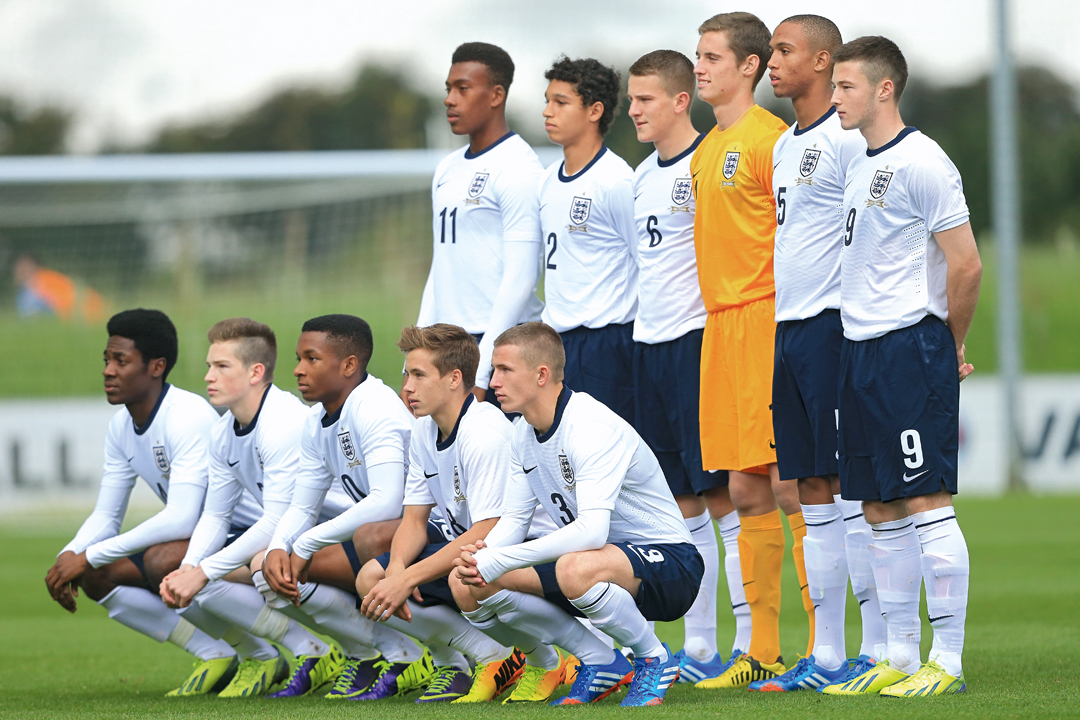
Dave Reddin, the FA’s new head of performance services, will be tasked with a key job – preparing players mentally. “The psychological element is crucial,” says Ashworth. “We want players who can perform under pressure; people who can commit. Making sacrifices is huge, and it’s only the ones who do that who become world-class. The others might only become good players.”
We want players who can perform under pressure. Only they will become world-class"
Results aren’t going to be instantaneous (“You can’t set up an academy or a rule change that will have an instant effect”), but Ashworth & Co. do at least have an area of focus, looking ahead to Qatar’s showpiece in eight years’ time.
“The chairman [Greg Dyke] has set us a target of winning the World Cup in 2022,” he reveals. “If you look at our U16s, U17s and U18s, they’re all going to be 24, 25 and 26 by then. The average age of a World Cup-winning team is about 27 or 28, so some of those players will be a major part of that.”
In truth, even 2022 might seem like a lofty target to some – after all, won’t those players above the age of 16 have already developed their core skills by then? Not so, says Ashworth: things are already shifting.
“People say that our England teams are big and strong like our club teams, but again that’s something which is changing,” he declares. “We took our U16s to America recently, where we were not only the youngest team there, but the least developed physically.
“It’s something we are very aware of, but we don’t want to exclude technical players just because they aren’t as developed as some of the others. That means you have to take a hit in some results, but the players we want are the ones we think might be future England internationals.”
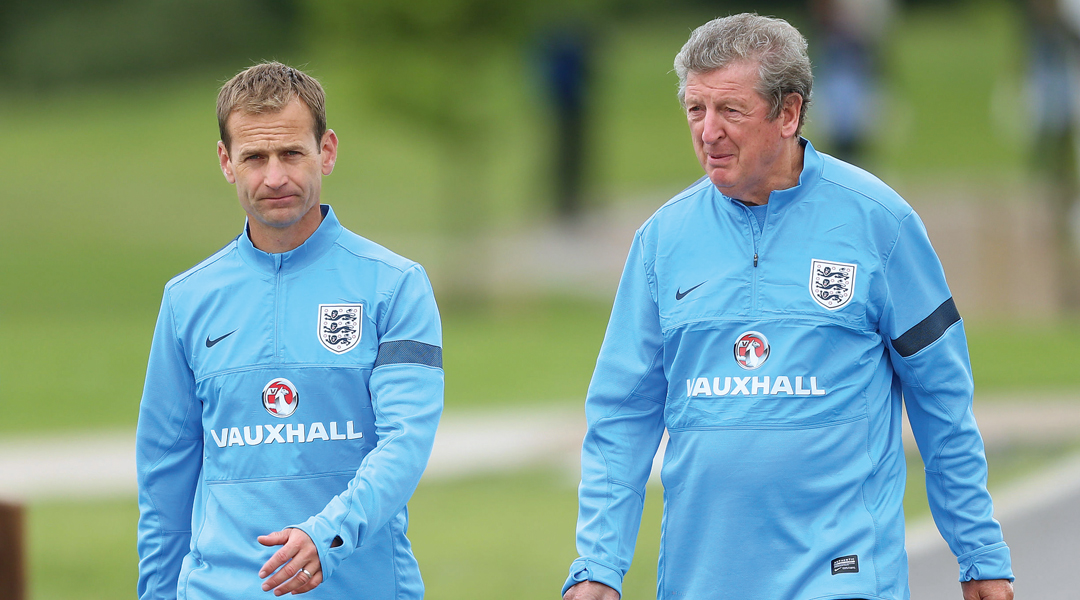
Gathering the greatest youngsters
In the short term, Ashworth is happy to reel off a lengthy list featuring the likes of Luke Shaw, Ross Barkley and Jack Wilshere as cause for optimism.
“As a country I don’t think we’re technically behind, certainly with younger players,” he insists. “There have been big changes in the last few years where technical players and coaches are concerned in this country. We’re starting to see the fruits of that now.
“But,” he continues, “society has changed now in that kids don’t dump their bags off from school and then go to play football. As a nation we’ve had to find ways of getting more time with players.”
Society has changed: kids don’t dump their schoolbags and go to play football"
That’s where EPPP comes in, the Premier League brainchild now in its second year. Trevor Brooking (now Ashworth’s line manager) campaigned for the FA to be given more power – clubs were, and still are, in charge of bringing through the next generation of talent. Now, though, there are stricter regulations in place designed to improve the standard of coaching and player performance at youth level.
Nevertheless, they don’t please everyone – especially lower-league clubs, who are more exposed than ever before to losing their prize assets. Academies are now allocated four gradings (1-4), with Category One set-ups requiring a minimum of 18 full-time staff and an operational budget of £2.5m. Top-tier academies compete against one another and will be split into two divisions with promotion and relegation from 2014-15.
Naturally, not all clubs can afford top-brass status. Meanwhile, the new rules mean tribunals are a thing of the past; Category One clubs can send scouts to watch a player under 18 at 48 hours’ notice, and buy them for a fixed fee starting from as little as £3,000, dependent on age and how long the player has spent at a club’s academy. Further fixed sums are payable based on first-team appearances.
Clubs are accountable for the quality of their coaching set-ups, contact time has been increased, and in theory the best players will be playing with and against one another. Nonetheless, the FA’s hand can only stretch so far; ultimately it’s still down to clubs to do their jobs. Do Ashworth and his team still need more power?
“I don’t know about that,” he argues. “The clubs are very well set up in the main now – an awful lot of money goes into youth development. The new EPPP effectively means clubs have more access and contact time with their players. There are more staff, and more well-qualified staff; that can only be a good thing.”
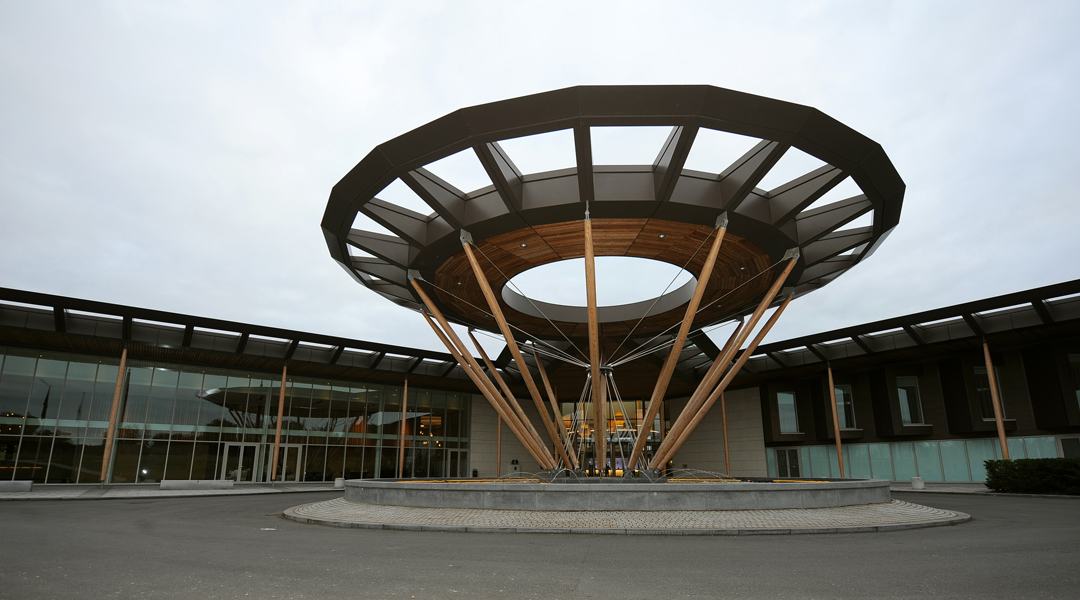
Clubs vs country?
Ashworth reiterates that his relationships with the Premier League and Football League are good – they hold meetings at least once a month – but he refutes the claim that the former’s power will get in the way of serious player development.
“The Premier League, like every other league, wants to be the best,” he declares. “So do we. We want to be the best country. At St George’s Park, we want to be the best national coaching centre. They succeeded – they’re the best and most popular league in the world. That attracts the world’s best, which is fantastic for our players as well. What people forget is that Luke Shaw, as a young player, is being tested incredibly, week in, week out. That can only accelerate him.”
The Premier League wants to be the best. So do we: we want to be the best country"
The set-up is the opposite of Germany, where youth development is controlled by the football association (DFB). After a dismal Euro 2000, where the Germans finished bottom of their group (England failed to progress in third), they set about overhauling their system drastically. In went the money and out came 390 training bases split around 29 different regions divided by the DFB.
Standards were high and the aims simple: produce more technical home-grown players for Germany. Some youngsters in the programme are already attached to clubs, but other local players also participate in hope of impressing a Bundesliga outfit.
Germany’s 50+1 rule, which prevents majority ownership by rich benefactors, means clubs are more likely to turn to their academies for inspiration. When you’re producing the likes of Marco Reus, Mario Gotze and Thomas Muller on a yearly basis, who can blame them?
FEATURE How Germany restructed its youth - and why England couldn't do it, by Uli Hesse
Last year, Ashworth travelled to Germany to meet his opposite number, Robin Dutt (who returned to management with Werder Bremen last May). The pair chatted for three hours.
“We found they have the same challenges as us,” Ashworth says matter-of-factly. “You don’t see players as much as you’d like to and you have to work closely with clubs, who have huge pressures on them too.
“They went through things differently 14 years ago, with a lot of national and regional development centres. Last week we had someone over from the German FA who said they wouldn’t be able to do that now. Clubs are so much better prepared that they wouldn’t have been able to justify the overhaul.”
Germany’s model has clearly borne fruit, but it feels counter-productive to long for a system that simply isn’t realistic in England. Instead, Ashworth must work on areas where he can make a difference; namely coaching and improving clubs’ academies where possible.
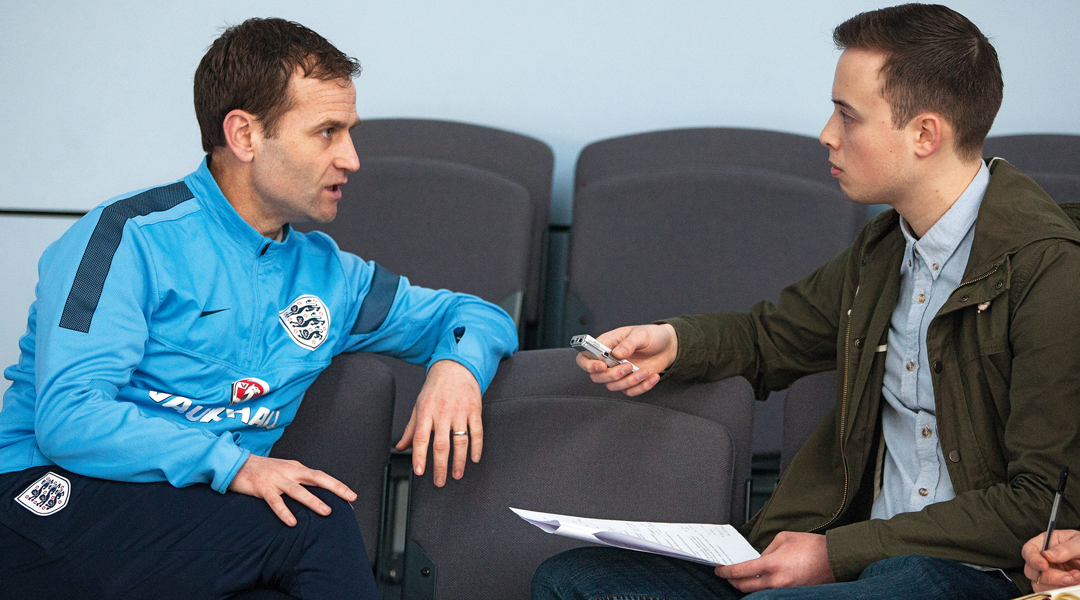
Coaching the coaches
It’s only natural that he’s bullish in his defence of the set-up at St George’s Park. Barely a week goes by without criticism of England’s forever-doomed attempts to become a world superpower. You’ve all read the numbers: apparently England are well behind when it comes to producing coaches with UEFA B, A and Pro licences (the latter of which Ashworth holds). “The numbers are nonsense,” he argues. “We only went across to the UEFA ones 12 or 14 years ago, whereas some of the other countries have been accruing for 30 or 40 years.
“Some do things differently; they look to get through hundreds a year from a certain course. It’s about the quality, and I’m sure our numbers stack up against anybody else’s when you compare them in the same way.”
The number of Pro licence holders has doubled since St George’s Park opened in October 2012. Meanwhile, the FA’s newly launched Advanced Youth Award course is expecting to see 40,000 coaches pass its level one and two stages by the year’s end.
Whatever the numbers say, for Ashworth it’s about creating a new legacy, something quintessentially English to be talked about for decades to come. “I’ve been lucky enough to be involved in professional football a long time, and it goes in cycles,” he says.
“First it was France with Clairefontaine, then Holland with Ajax, Spain soon after, and now it’s Germany. At the time they were the best things to do – so people said – but like fashion, they change. A lot of European countries have commended our coach education, as have UEFA.
“What’s my dream? One day it’s us, and people are asking us how we became world champions, what happened in English football that turned it. We’ll be the fashionable ones.”
This article originally appeared in the May 2014 issue of FourFourTwo magazine. Subscribe!
SEE ALSO Why England couldn't copy Germany even if they wanted to, by Uli Hesse
Joe was the Deputy Editor at FourFourTwo until 2022, having risen through the FFT academy and been on the brand since 2013 in various capacities.
By weekend and frustrating midweek night he is a Leicester City fan, and in 2020 co-wrote the autobiography of former Foxes winger Matt Piper – subsequently listed for both the Telegraph and William Hill Sports Book of the Year awards.

